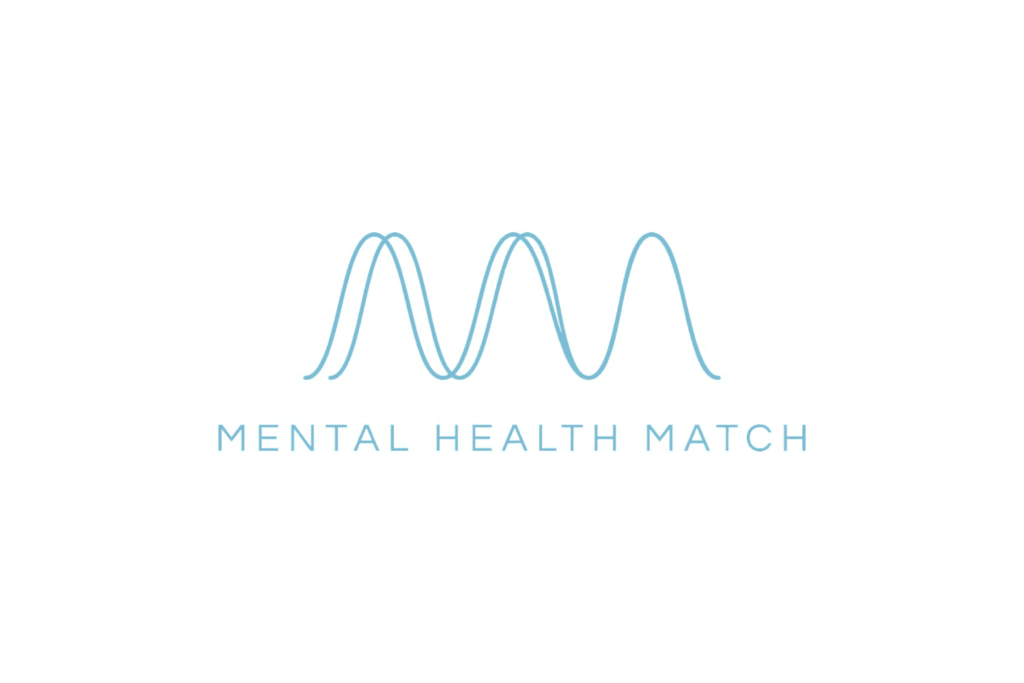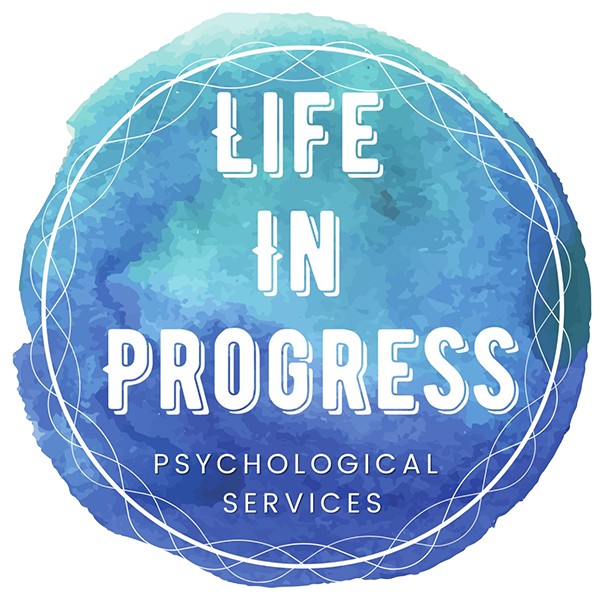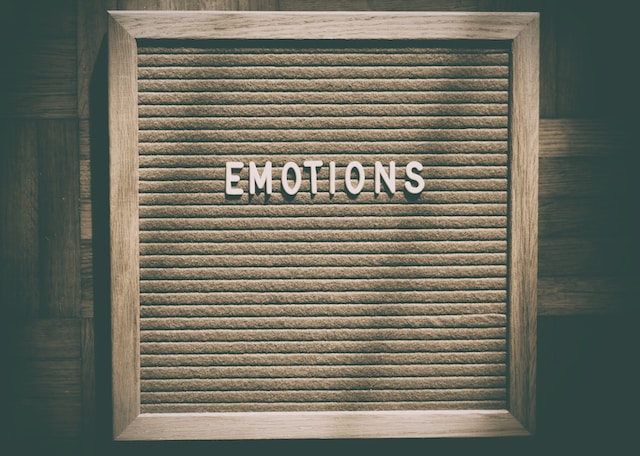From anxiety and anger to sadness and joy, each emotion serves a unique purpose, shaping our perceptions and guiding our responses to the world around us. While some emotions are celebrated and welcomed, others may be misunderstood or even rejected. In this blog, we will briefly explore the purpose of emotions, understanding why we have them and how therapy can help individuals navigate their emotional landscape with greater awareness and resilience. As a licensed clinical psychologist, I strive to create a safe and supportive space where clients can explore their emotions, embrace their vulnerability, and foster emotional growth.

The Purpose of Some of Our BIG Emotions
Anxiety: Our Protective Guardian
Anxiety serves as our body’s natural alarm system, preparing us for potential threats or challenges. It urges us to be vigilant, encouraging caution and readiness in potentially dangerous situations. By recognizing anxiety as a protective guardian, we can learn to navigate its signals and respond with resilience and wisdom.
Anger: A Call for Justice
Anger arises when our boundaries are violated or when we feel a sense of injustice. It serves as a call to action, motivating us to protect ourselves or advocate for our needs. By embracing anger as a powerful force for change, we can channel it constructively and stand up for ourselves and others, fostering positive transformations.
Sadness: The Path to Healing
Sadness is a natural response to loss, disappointment, or separation. It allows us to process and grieve, facilitating healing and emotional growth. By acknowledging sadness as an essential part of our emotional landscape, we can honor our feelings and find solace in the process of acceptance and renewal.
Joy: A Celebration of Life
Joy is the radiant light that illuminates life’s positive experiences. It nurtures our well-being, uplifts our spirits, and fosters connections with others. By embracing joy, we can cultivate a greater appreciation for life and savor moments of happiness with gratitude.

A Few Primary Functions of Our Feels
Communication: The Language of Emotions
Emotions serve as a universal language that communicates our inner experiences to others. They allow us to convey our needs, desires, and boundaries, foster authentic connections and mutual understanding. By embracing emotions as a means of communication, we deepen our bonds with those we cherish and create a foundation for empathy and support.
Adaptation: Navigating Life’s Challenges
Emotions signal whether a situation is beneficial, harmful, or warrants further evaluation. By heeding these emotional signals, we navigate life’s challenges with greater wisdom and resilience, making informed choices that align with what is in our best interest.
Decision-Making: The Wisdom Within
Emotions influence our decision-making processes, providing valuable information to make choices that resonate with our values and goals. They act as intuitive guides, helping us make decisions that contribute to our personal growth and fulfillment.
Building Blocks: Meaningful Relationships
In the intricate dance of relationships, emotions serve as the essential building blocks that fortify our connections. Expressing and recognizing emotions not only fosters empathy and compassion but also cultivates a profound sense of belonging. By embracing the richness of emotions in our social interactions, we lay the foundation for meaningful relationships that enrich and elevate our lives.
From Chaos to Calm
While emotions are both essential and valid, at times they can become overwhelming, leading to distress or impulsive behavior. Emotion regulation is the ability to manage and cope with intense emotions effectively. In therapy, I assist clients in developing healthy emotion regulation strategies, such as:
- Mindfulness: Practicing mindfulness helps you become more aware of your emotions without judgment, allowing you space to respond rather than react impulsively. This awareness allows you to process emotions more effectively.
- Cognitive Restructuring: Challenging negative thought patterns can help you reframe your emotional experiences and develop more balanced perspectives. By reevaluating your beliefs, you can navigate emotions with greater clarity and understanding.
- Self-Compassion: Encouraging self-compassion allows you to validate your own emotions without self-criticism, promoting emotional acceptance and growth. This practice allows you to validate your feelings with kindness and understanding.
- Coping Skills: Teaching coping skills equips you with valuable tools to navigate challenging emotions constructively.

A Few Spoiler Alerts for How Therapy Will Help
- Emotional Awareness: By better understanding your emotions, you will gain insights you’re your motivations, needs, and values.
- Safe Space for Vulnerability: Within the secure and non-judgmental space of therapy, you will find solace in expressing emotions authentically. Free from fear of criticism, you will embrace vulnerability and embark on a path of self-discovery.
- Uncovering Root Causes: Emotions often hold the keys to unresolved past experiences and traumas. Through therapy, you can courageously explore these root causes, laying the foundation for healing and growth.
- Emotion Regulation Skills: As a licensed clinical psychologist, I equip clients with effective emotion regulation skills to navigate overwhelming emotions. This process fosters emotional resilience, enabling them to face life’s challenges with newfound strength.
- Building Emotional Intelligence: You will develop a profound ability to recognize and understand emotions, as well as the feelings of others. This enhances communication and enriches relationships.
- Transforming Negative Patterns: Therapy uncovers negative emotional patterns that may be impacting relationships or self-esteem. Once we enhance your insight, we will create a new narrative of growth and empowerment.
Emotions are not obstacles to be overcome but rather valuable guides on our journey through life. They serve a purpose, communicating our needs, guiding our actions, and permit us to have a deeper connection with ourselves and others. In therapy, I aim to help the amazing clients I work with embrace the full spectrum of their emotions, creating a space where they can explore their emotional landscape with curiosity and compassion. By developing emotional awareness and regulation skills, you can navigate life’s challenges with greater resilience and authenticity. Remember, emotions are not to be feared or avoided, they are part of what makes us human.
Quote to use: ″Can you see the power emotion has to distort our outlook? Makes you wonder, did you have a bad day, or did you make it a bad day.” – Brandon Mull

